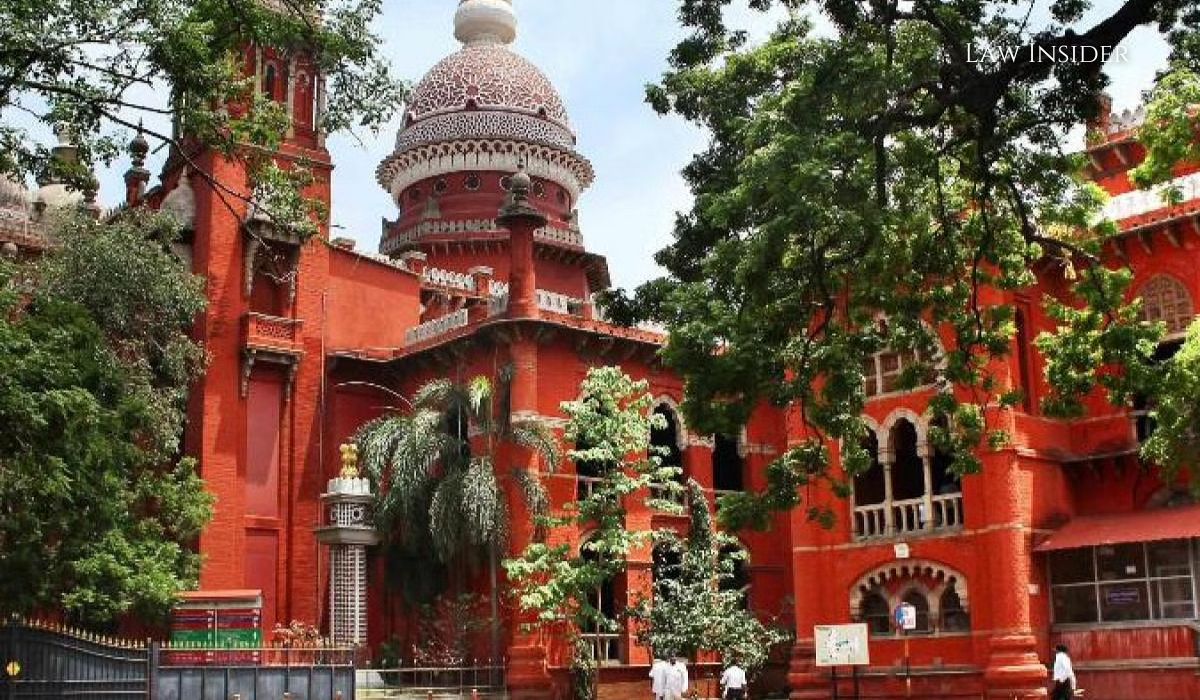Aastha Thakur
Published on: 01 December 2022 at 22:14 IST
The Madras High Court was shocked to notice that a Police Sub-Inspector had not even read the guidelines on arrest given in Arnesh Kumar v. State of Bihar. The court observed that the Chief of Police had a duty to ensure that the guidelines reached every police officer.
The division bench of Justices R Subramanian and K Kumaresh Babuwas hearing plea filed by lawyer suffering from disability pleading an enhancement of compensation in an order of the State Human Rights Commission. The petitioner had claimed that his arrest was improper and there was a blatant human rights violation.
“The very casual manner in which the officer replied to our query, as to whether, he had read the judgment in Arnesh Kumar v. State of Bihar and another shocks us. Such replies will reflect upon the entire Police Force…”
“…when the Hon’ble Supreme Court had come down heavily upon the Police force for indiscriminate arrest, the Chiefs of the State Police Force are required to ensure that the message reaches every Constable of the Police Force. An ignorant Police Force is as good as one not existing.”
The court ordered the Additional Chief Secretary to the Government of Tamil Nadu, Home Department, to ensure that district-by-district sensitization is carried out after finding that the State’s police force had not received the necessary sensitisation to handle cases involving people with disabilities.
“There will be a direction to the Additional Chief Secretary to Government of Tamil Nadu, Home Department to ensure that the District wise Sensitization programmes are conducted for Police Officers including Constables regarding the Rights of Persons with Disabilities.”
“Such programmes shall be so designed that they throw enough light on the provisions of the enactment and the intendment of the legislation. Guidelines should also be issued to the Police Officers as to how they should handle such physically disabled persons.”
The court further directed Government doctors to adhere with similar guidelines while examining such persons with disabilities who run into conflict with law and are brought for medical examination.
The present case deals with the petitioner arrested on a false complaint that he used a bill hook and threatened to kill the de facto complainant. Accordingly, the FIR was lodged under Sections 294B, 323 and 506(2) of the Indian Penal Code.
The court prima facie observed that the allegations brought against petitioner was unnatural. It further observed that the High Court had previously quashed the FIR’s finding that no elements were made out in another petition. The petitioner also had muscular dystrophy, a degenerative physical ailment that left him with an 80% handicap. The court had stated that the petitioner could not possibly attack a healthy male person.
The petitioner claimed there was serious violation of human rights both at the time of his arrest and during his time in the jail, though the court only agreed with the first part. Moreover, as alleged by the petitioner regarding not given proper diet, the court noted contrary.
The court at last observed that mere non-provision of certain amenities which would amount to a statutory violation may not strictly amount to Human Rights Violation.
The court thus concluded that the petitioner’s human rights were violated at the time of his arrest. As a result, the court revised the compensation from one lakh rupees, as granted by the SHRC, to five lakh rupees, of which four lakhs were to be paid by the State.
Regarding issue of non-issuance of CCTV footages of petitioner from the concerned police station, the court rebuked the police authority for the responses given.
We also express our total dissatisfaction with the casual manner in which replies are being given to the queries made under the Right to Information Act by the Police Officers.
The court thus emphasized that every police station should be covered by functional CCTV cameras as per orders of the Supreme Court and instructions of the Central Government. The court directed the DGP to conduct periodical inspection to ensure functioning of these cameras.
Case Title: L Muruganandam v/s The State and others

